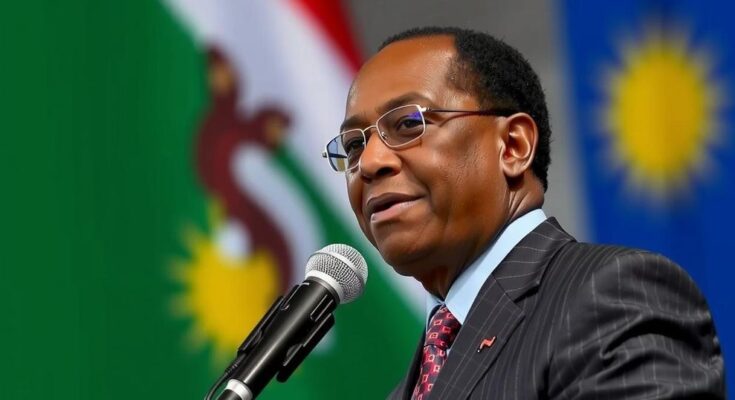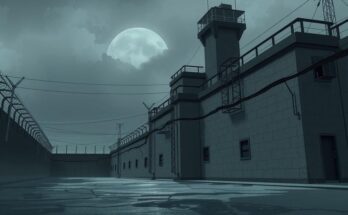President Mokgweetsi Masisi of Botswana has conceded defeat in the recent elections, putting an end to the ruling party’s 58-year tenure. The latest results show the ruling BDP in fourth place, with the UDC leading the charge.
Botswana’s President Mokgweetsi Masisi has officially acknowledged his defeat in the recent elections, marking a significant shift in the political landscape of the nation. This concession brings an end to the Botswana Democratic Party’s (BDP) dominance, which has held power for 58 consecutive years. Preliminary election results indicate that the BDP has secured a fourth-place position, while the opposition coalition, led by the Umbrella for Democratic Change (UDC), has emerged as the frontrunner. This transition signifies a pivotal moment for Botswana’s democracy, illustrating the electorate’s desire for change after decades of BDP rule.
Botswana, located in Southern Africa, has been characterized by its stable democracy and robust governance since its independence in 1966. The Botswana Democratic Party has been at the helm of government since then, overseeing significant economic growth and development. However, in recent years, there has been growing discontent among the populace regarding issues such as unemployment and corruption, leading to a challenge from opposition parties. The UDC, comprising various opposition groups, has gained traction, realizing a historic opportunity for governance during this electoral period.
The election defeat of President Mokgweetsi Masisi signifies not merely a change in leadership but also reflects the broader electoral sentiment favoring reform after decades of uninterrupted governance by the BDP. As the nation navigates this transition, the success of the opposition coalition may herald a new era of political dynamics in Botswana, shaping the future direction of the country.
Original Source: www.aljazeera.com




